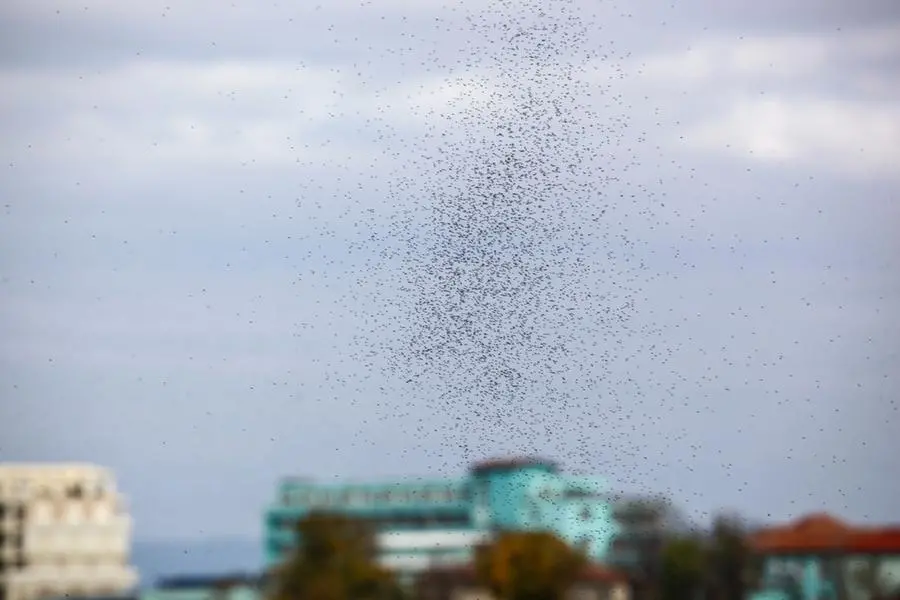PHOTO
Action to tackle the annual mossie menace has intensified with teams of insect repellent sprayers already targeting likely areas of potential infestations ahead of the rainy season.
Health Ministry public health director Dr Mohammed Al Awadhi has outlined plans in place across Bahrain’s governorates.
He told Southern Municipal Council members that comprehensive preventive initiatives were targeting adult mosquitoes and larvae, with the aim of eliminating breeding grounds and reducing their spread.
“These initiatives are especially crucial during seasonal changes, which often bring increased rainfall and stagnant water, creating ideal conditions for mosquito breeding,” said Dr Al Awadhi.
Techniques
“The campaigns involve a combination of methods, including advanced control techniques and prompt responses to observations and complaints from the community,” he added.
“We are committed to taking swift action to address mosquito-related concerns to protect public health.”
Dr Al Awadhi also highlighted the importance of community co-operation in preventing mosquito infestations.
Currently pest control professionals were using different types of synthetic pyrethroids to kill the biting bugs using ultra-low-volume (ULV) sprays. These pesticide applications against the flying adult vector are necessary to control adults emerging from immature stages.
Mosquitoes feast on people for practical reasons. Only the females bite humans and they do it to get a ‘blood meal’, deriving proteins from blood to produce their eggs.
As the mosquito is feeding, it injects saliva into the skin. Bodies react to the saliva resulting in a bump and itching. Some people have only a mild reaction to a bite or bites. Other people react more strongly, and a large area of swelling, soreness and redness can occur.
Dr Al Awadhi emphasised that the campaigns are conducted in collaboration with the private sector, following a structured schedule to tackle hotspots effectively.
“We urge people to also adhere to preventive measures, such as regularly removing stagnant water from containers, home fountains and drains, and properly dispose of waste,” he added.
Southern municipal councillors highlighted the link between rainfall and the proliferation of stagnant water. They stressed the importance of implementing comprehensive strategies, such as conducting regular inspections, clearing potential water-collecting sites, and ensuring drainage systems are functional before the heavy rains begin.
“It is crucial that we take pre-emptive steps to minimise the risks,” added council chairman Abdulla Abdullatif.
Councillors called for enhanced collaboration between the Health Ministry, municipal authorities and the public to ensure the timely removal of waste and stagnant water, which are key contributors to mosquito breeding.
Reports and observations regarding mosquito infestations can be made by contacting the hotline at 80008100 from Sunday to Thursday, 7.30am to 300pm, or through the National Suggestions and Complaints System (Tawasul).
Copyright 2022 Al Hilal Publishing and Marketing Group Provided by SyndiGate Media Inc. (Syndigate.info).





















